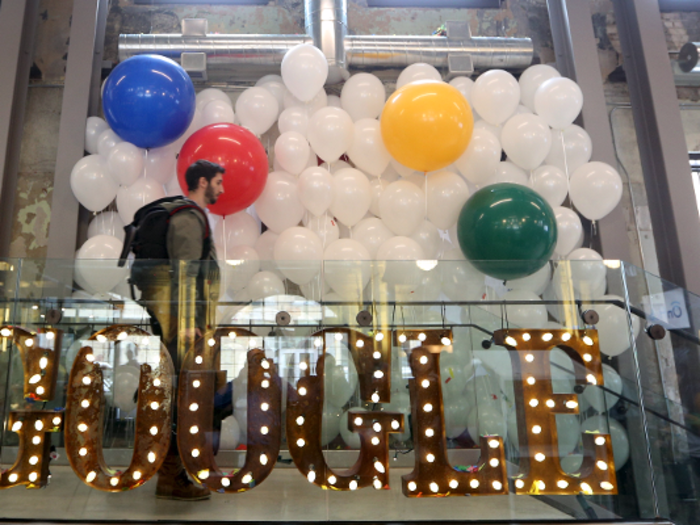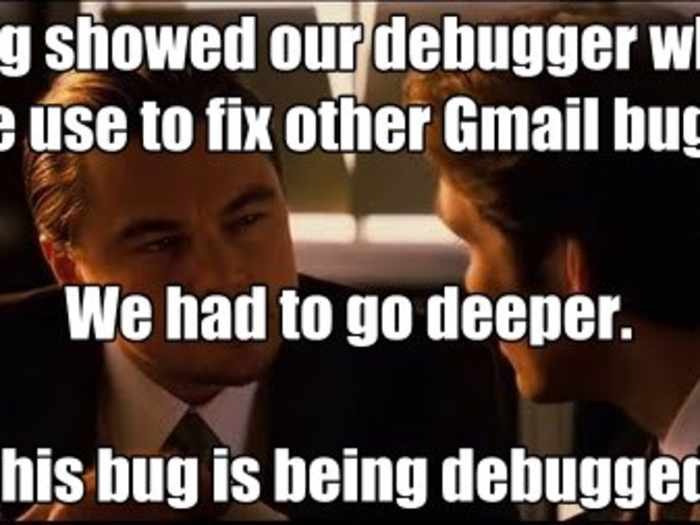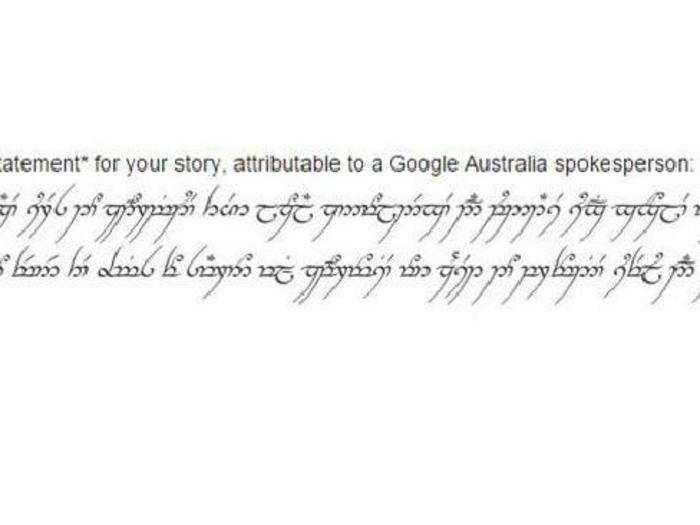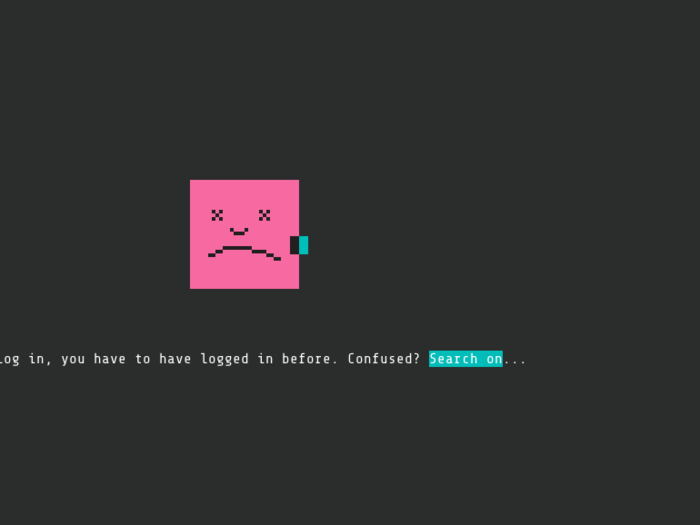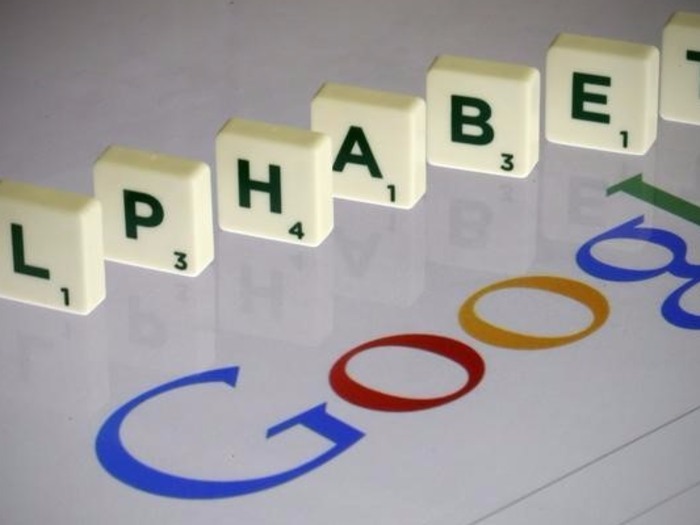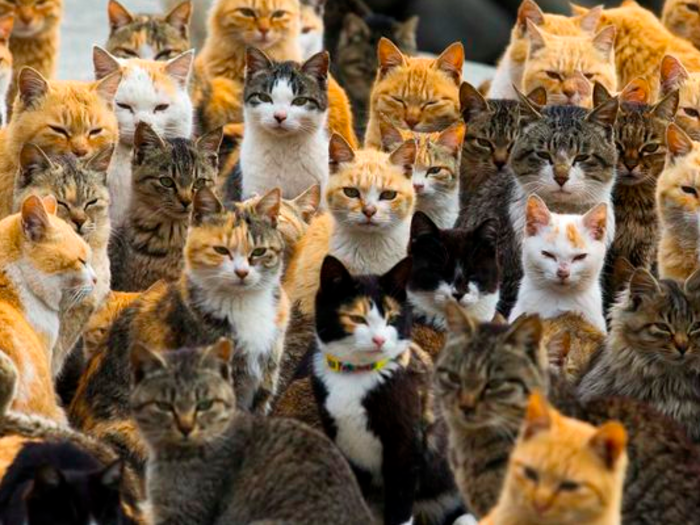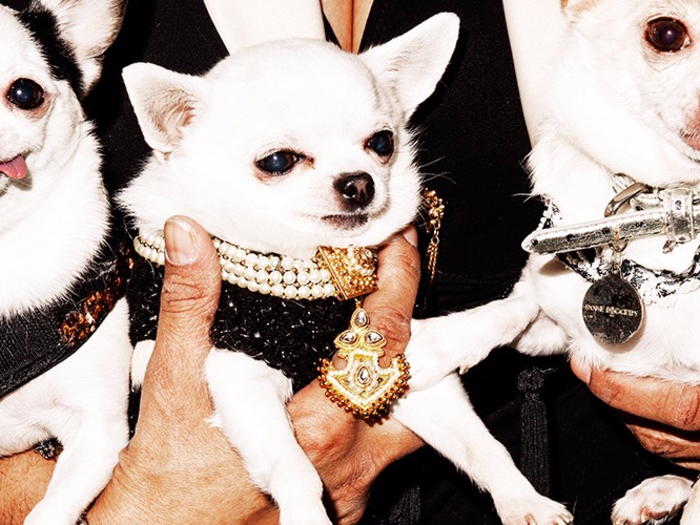Then, a year later, Google collected a bit more than $4 billion dollars by selling 14,159,265 million of its shares.
The search giant showed off its numerical whimsy again in 2011 when it bid $1,902,160,540 and $2,614,972,128 for some wireless patents.
In another auction, Google spent $25 million to buy the entire ".app" domain. But the clever part came when we followed up with the company about it...
Google once even got a little risqué with this response...
And once it addressed an issue where Google Maps was showing Sauron's tower from "Lord of the Rings" as appearing Australia with a comment... in Elvish:
"If your Elvish is a bit rusty, here is a rough translation," the spokesperson said. "We encourage users to contribute their local knowledge and updates using Google Map Maker, even the whims of Sauron will not compromise our quest to provide useful and accurate maps."
Google has recruited new developers using super-cryptic challenges that people can only access through a secret website...
A few months after Google became Alphabet in 2015, it bought the entire alphbabet as a domain name, with the URL abcdefghijklmnopqrstuvwxyz.com
In the same vein, Alphabet also bought back a bunch of stock for $5,099,019,513.59.
That's the square root of 26, the number of letters in the alphabet, times a billion.
... A fact that the company made sure to reference last year after the press noted that new parent company Alphabet didn't include Google's famous "don't be evil" line in its new code of conduct.
After The Wall Street Journal's Alistair Barr caught the change, the company sent him a cheeky response:
"Individual Alphabet companies may of course have their own codes to ensure they continue to promote compliance and great values,” a Google spokesman said. “But if they start bringing cats to work, there’s gonna be trouble with a capital T.”
Not about numbers but pretty funny: In its official code of conduct, Google declares itself a 'dog company.'
"Google’s affection for our canine friends is an integral facet of our corporate culture," reads the company's code of conduct on its investor relations site. "We like cats, but we’re a dog company, so as a general rule we feel cats visiting our offices would be fairly stressed out."


